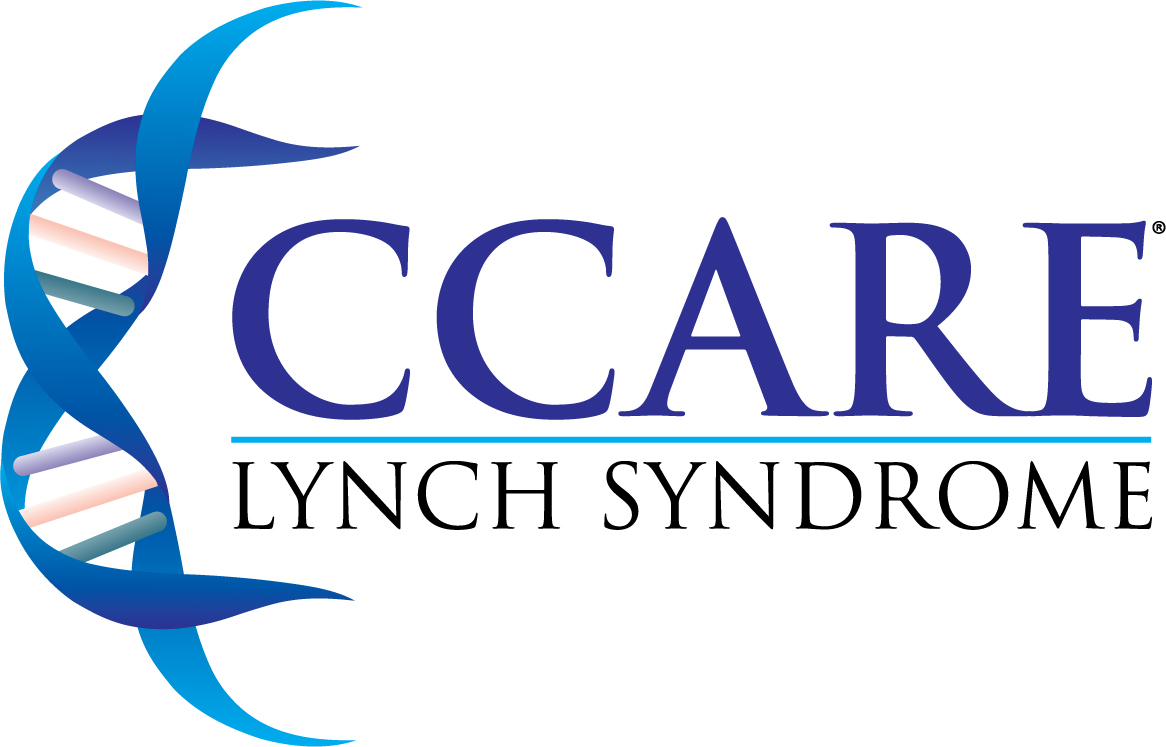
Cancer Screening
Carriers of the Lynch Syndrome genes should undergo a more rigorous cancer screening program. This is based on the rapid growth of cancers in this population. This aggressive approach should be covered by insurance, provided Lynch Syndrome has been diagnosed. However, diagnosing Lynch Syndrome will affect the ability to obtain and the cost of certain types of insurance. While this approach is costly, it should allow cancers to be discovered at an early stage.
COLON
| Non-Lynch | Lynch | |
|---|---|---|
| Initial Colonoscopy | Age 45
Or 10 years before a first degree relative with a colon cancer or colon polyps |
MLH1 & MSH2, & EPCAM Age 20-25. Sooner based on family history. MSH6 & PMS2 |
| Follow-up Colonoscopy | Every 5-10 years based on history.
Every 1-5 years based on biopsy results |
MLH1 & MSH2, & EPCAM Every 1-2 years until age 39. Every year at age 40 MSH6 & PMS2 |
UTERINE – ENDOMETRIAL
| Non-Lynch | Lynch | |
|---|---|---|
| Pelvic Examination | Every 1-2 years | Every year |
| Endometrial Biopsy | Based on symptoms or examination | Every year starting age 30-35 |
| Ultrasound | Based on symptoms or examination | Every year starting age 30-35 |
| Hysterectomy | Based on symptoms | Consider for cancer prevention in high risk groups |
OVARIAN
| Non-Lynch | Lynch | |
|---|---|---|
| Pelvic Examination | Every 1-2 years | Every year at age 30 |
| Pelvic Ultrasound | Based on symptoms or examination | Every year starting age 30-35
Sooner per exam or symptoms |
| Oophorectomy | Based on symptoms or abnormal exmination
Optional if having a hysterectomy |
Consider for cancer prevention
Recommended if having a hysterectomy |
STOMACH
| Non-Lynch | Lynch | |
|---|---|---|
| EGD | Based on symptoms | Consider every 1-5 years when a colonoscopy is performed |
| CAT Scan | Based on Symptoms | Based on symptoms, but low threshold to order scans |
PANCREATIC
| Non-Lynch | Lynch | |
|---|---|---|
| MRI Scan | Based on Symptoms | Based on Symptoms, but low threshold to order scans |
Please note: The above recommendations are for average risk patients. If there is a family history of pancreatic cancer the patient may be at high risk. If so, an MRI scan of the pancreas, Endoscopic Ultrasound (EUS), and one of the newer pancreatic blood tests may be indicated on a yearly basis. These newer tests use biomarkers, such as DNA or RNA fragments specifically for pancreatic cancer. They include PancreaSure, PAC-MANN (still in development), and Avantect. Note that the CA 19-9 test has not been shown to be effective for screening the general population; it is primarily used to monitor treatment response
RENAL
| Non-Lynch | Lynch | |
|---|---|---|
| UA | Based on symptoms or with a routine physical | Every year from age 25 |
| CAT Scan | Based on Symptoms or labs | Based on symptoms or labs with a low threshold to order scan |

